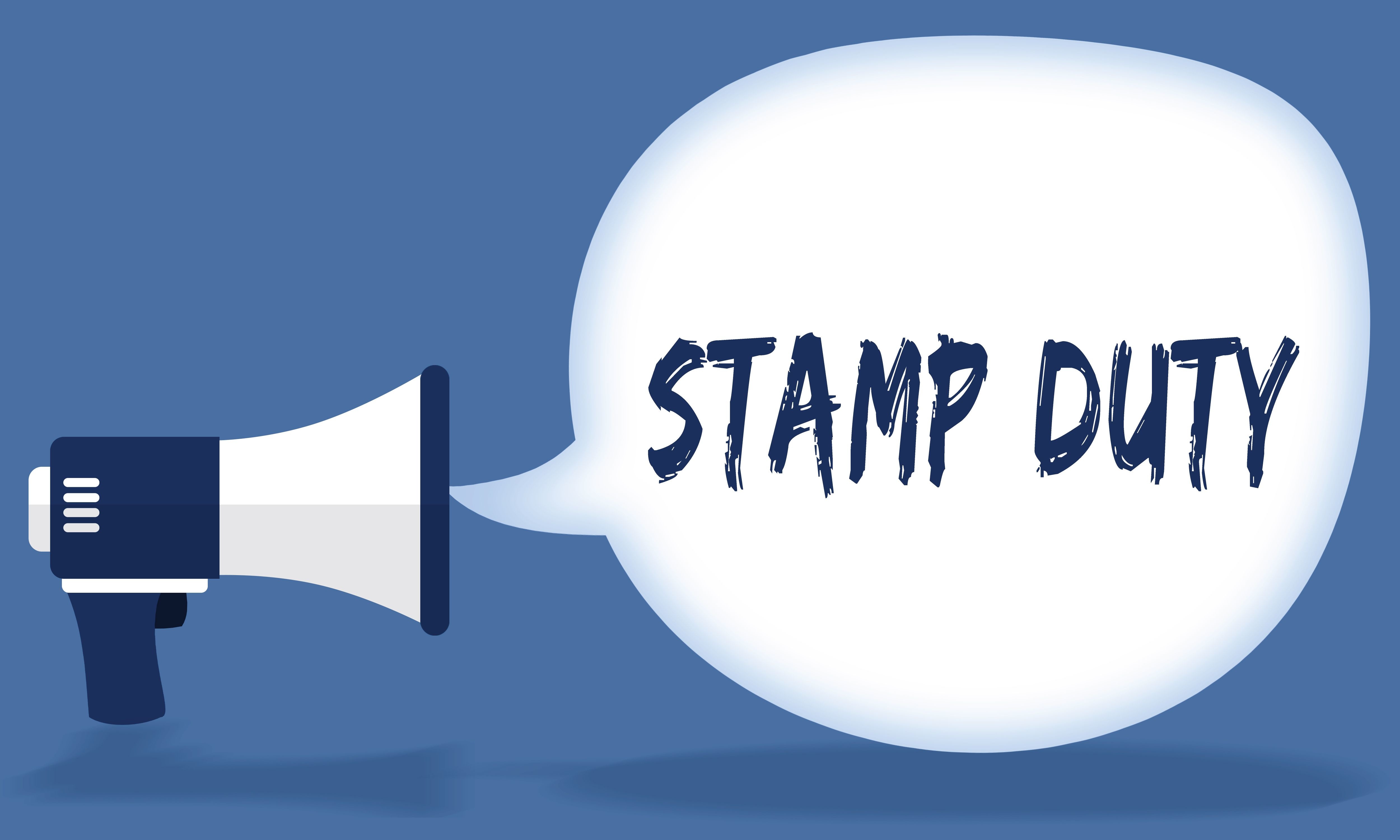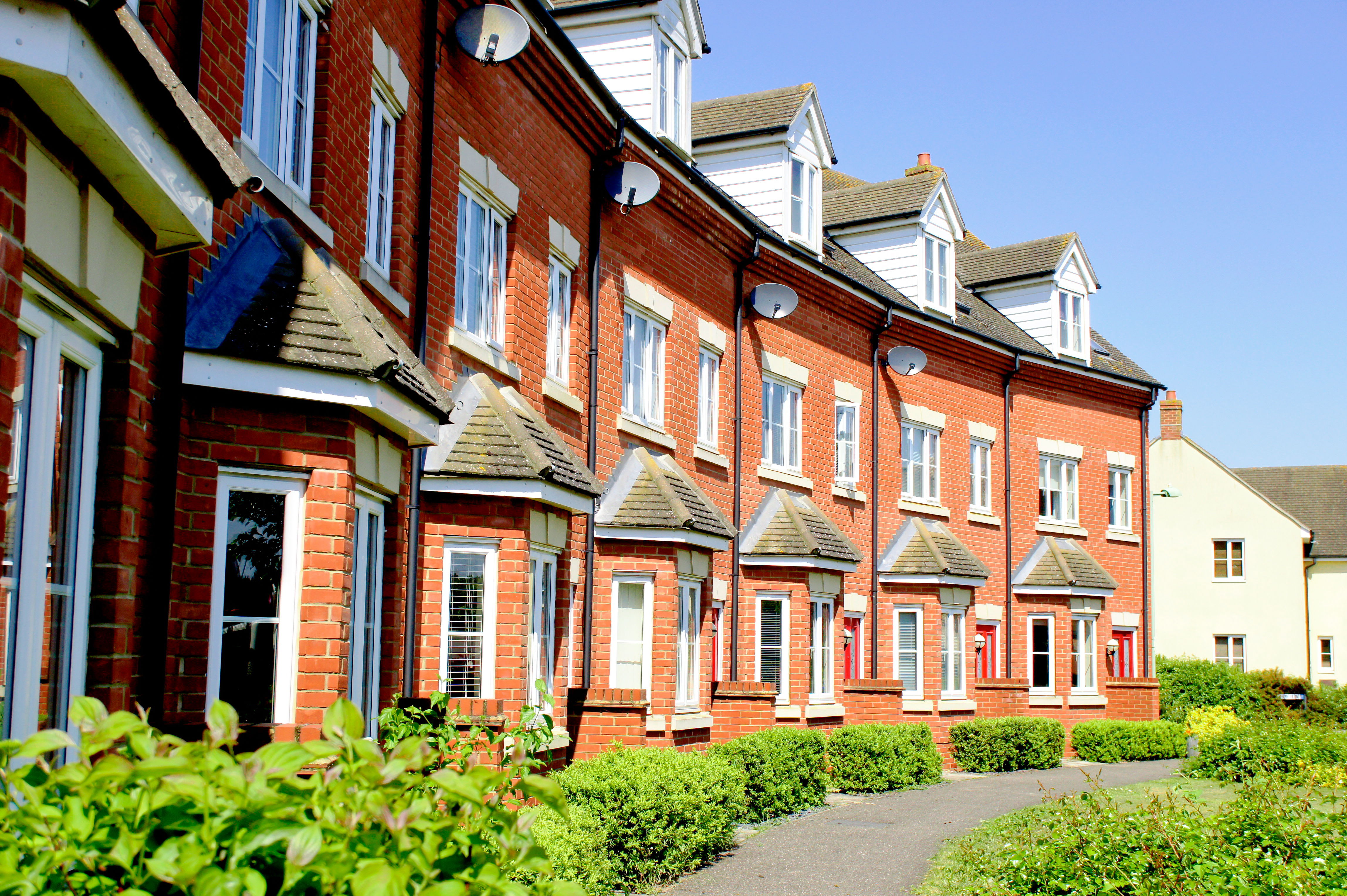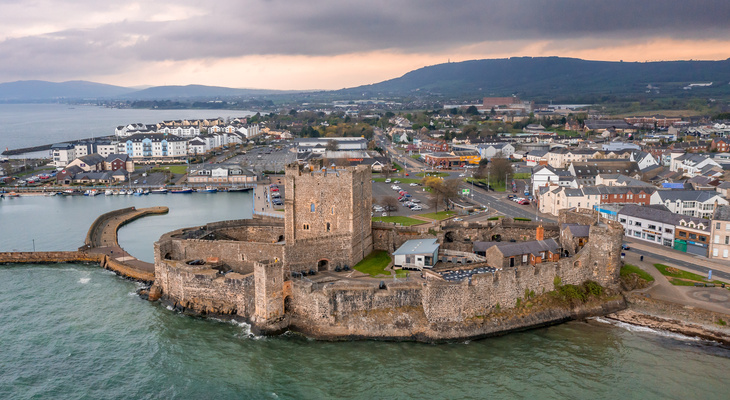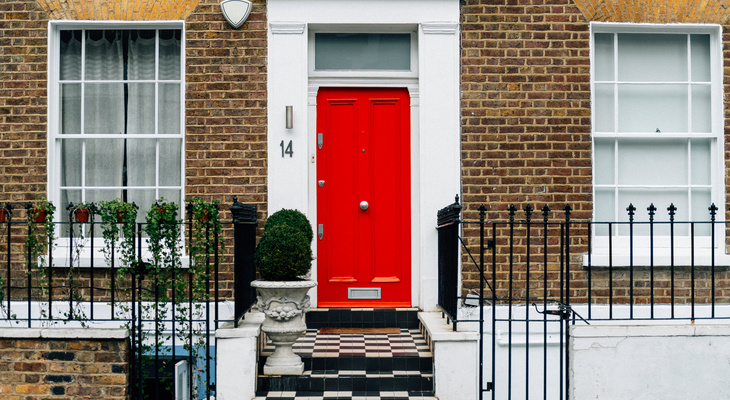A (Definitive) Guide: Stamp Duty For First Time Buyers
What is stamp duty?
Who counts as a first time buyer?
What does freehold property mean?
What does it mean to buy a leasehold property?
Does it apply to both leasehold and freehold?
History: Stamp Duty Explained
In the Budget 2018, Chancellor Phillip Hammond announced that first-time buyers in shared ownership homes will pay no Stamp Duty Land Tax (Stamp Duty) on the first £300,000 of any property costing up to £500,000. The was made in retrospect back to the previous Budget in November 2017. Before the announcement, first-time buyers were required to pay Stamp Duty on shared ownership purchases, despite the fact that first-time buyers were deemed exempt of paying Stamp Duty on a property that cost below £300,000.
Why has it been changed?
This is designed to make it easier for more people to get onto the housing ladder. It will mean that first-time buyers will have to save slightly less before they buy a home.
It is hoped that it will make the property market move faster at all levels. As there should be more first-time buyers, it will encourage people to take a second step on the ladder, putting more homes on the market. This should help people moving both up and down the housing ladder.
How much is stamp duty in the UK first time buyer?
Essentially, now whether in or out of shared ownership schemes, people buying their first property will not pay Stamp Duty on a home that in which the purchase price is less than £300,000. For first homes under £500,000, you won’t have to pay Stamp Duty on the first £300,000, which will reduce the amount you need to save.
Top Tip: While the changes apply to first-time buyers in both England and Northern Ireland, they do not apply to buyers in either Scotland or Wales.
What does this mean if your parents are going to jointly buy with you?
If your parent that has previously bought a house is going to jointly buy a property with you, the sale will not be eligible for a discount. However, you could apply for a “joint borrower sole proprietor” mortgage with a parent.
Are you thinking of buying a property? Find your closest Guild Member.
How is stamp duty calculated?
To know how stamp duty is calculated, you will need to know the purchase price of a property. If you are buying your first property in England or Northern Ireland, you will pay no Stamp Duty on first £300,000 and 5% on the proportional amount between £300,000 and the remaining balance up to £500,000.
For example, if you wanted to calculate stamp duty on a home costs £500,000, as a first-time buyer you would pay 5% of the remaining balance of £200,000, after the exemption on the first £300,000 has come into play. The equation would look like this:
£500,000 (Purchase price) - £300,000 (First-time buyer exception) = £200,000.
£200,000 x 5% = £10,000 (Stamp Duty payable)
As a first-time buyer, if you purchase a property for more than £500,000, you won't benefit from any change and will be buying under the standard system. This also applies when purchasing a shared ownership property. If the property is worth more than £500,000, the exemption will not count even though you'll own less than the full £500,000.
Stamp Duty Calculator
Please add the calculator from this page here.
When do you have to pay stamp duty?
Stamp duty or a Stamp Duty Land Tax return is due within 14 days of the transaction date. You must file and pay and stamp duty owed within the 14 days. If you don't submit and pay any stamp duty owed, the HMRC may impose penalties and interest.
Further reading: Stamp Duty Land Tax online and paper returns
When is Stamp Duty not payable?
There are certain scenarios in which stamp duty is not payable or can be reduced. These include:
● If the purchase price of a property is less than £125,000 stamp duty will not be payable.
● If the asking price is slightly over a rate band, it may be worth asking the estate agent if the price can be reduced.
● A transfer of property as a result of a divorce or separation will result in no stamp duty being owed.
● A transfer of deeds, as a gift or in a will, will result in stamp duty not being owed.
Top Tip: If you exchange property with another person, stamp duty will be owed on the market value.





